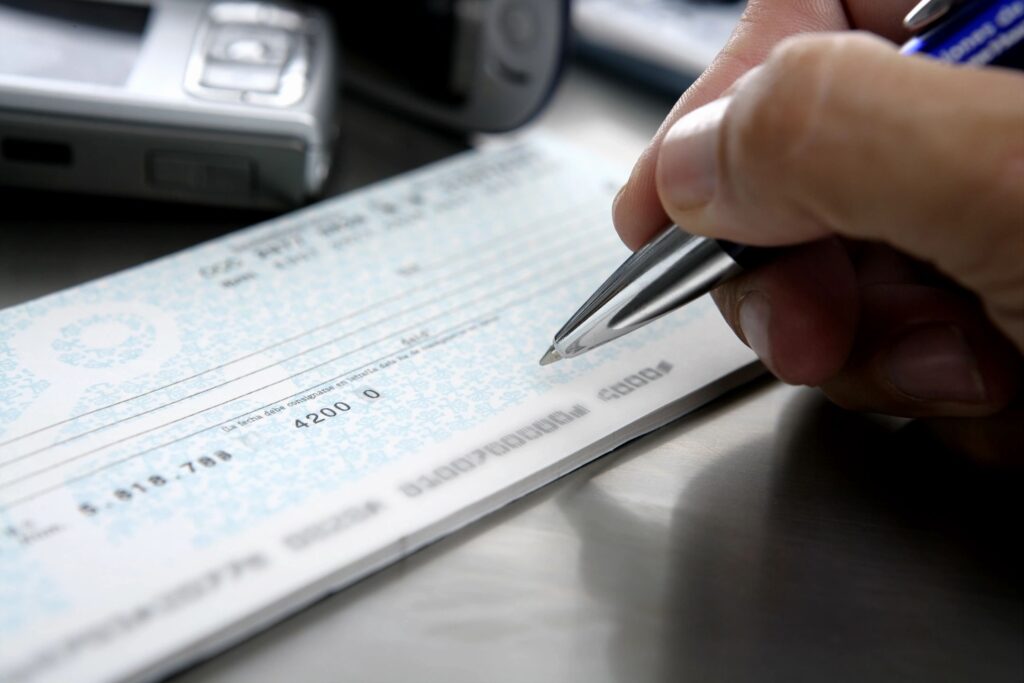
10 Tips for Getting Your Security Deposit Back When Moving Out
If you’re wondering when can you expect your security deposit back once you vacate your rental property… The answer depends on several factors.
Here are 10 tips for receiving your security deposit shortly after you move out:
Tip #1: Know your lease!
Look closely at your lease once you decide to move out. Your lease agreement will tell you how and when you are required to notify your landlord or property manager of your plans to move out. The lease agreement should also spell out the terms and conditions for getting your security deposit back—including the length of time the landlord will take to return the security deposit to you. The same document should also detail any move-out inspection requirements.
Tip #2: Give proper notice of your intentions to move out.
Even if your lease term is coming to an end, it is important to know how much notice is required to notify your landlord of your intention to vacate the rental property. You may run the risk of forfeiting a portion of, or your entire security deposit. Most of the time, breaking your lease or moving out before your term results in a deposit dispute or other fees. In this case, refer back to Tip #1, and be sure to know the conditions for notice.

Tip #3: Be sure to document any damage that already exists when you move in.
Most lease agreements require documentation and photos to be delivered to your leasing office that shows any flaws, imperfections, or other damage to the property within a few days of your move-in. This step helps ensure that you’re not held financially liable.
Tip #4: Familiarize yourself with state laws when it comes to the security deposit.
There are specific landlord-resident rights when it comes to your security deposit. Renters are required to provide security deposits to protect landlords against undue repair costs. Stay educated. Some states set caps on security deposits. But even if this isn’t the case, your landlord must treat all residents the same. This means landlords can’t impose a higher deposit without reason, such as a pet. In most cases, if just some of your deposit is held back, you may be entitled to written documentation on why your deposit isn’t going to be returned in full.

Tip #5: Make your final rent payment on time.
It’s never appropriate or wise to withhold, or otherwise be late, on your final rent payment. You can consult your lease agreement, but it’s likely that the timing of that final rent payment could affect the amount of your security deposit or otherwise delay it if you’re late.
Tip #6: Talk to your property manager or landlord.
Timing is everything. Be sure to have a conversation with your property manager or landlord on any terms that aren’t clear in the lease agreement. Your property manager or landlord can also give you insight on when you can expect your security deposit refund as well as any common issues that may delay your payment.
Tip #7: Clean up and clean out your rental home.
No one likes to clean up someone else’s mess. When you want your security deposit back, don’t leave anything in your rental home that wasn’t already there when you moved in. It’s mission critical to take everything that’s yours with you. This includes Christmas trees or plants on the patio or cooking utensils in the drawers. Anything you leave behind that requires disposal by your landlord may result in “removal costs” that will then be deducted from your security deposit.
Tip #8: Conduct a property exit walkthrough with your landlord.
This important step gives the landlord an opportunity to point out anything that need to be adjusted. In many cases, the landlord will give a resident who is moving out a number of hours or days to fix any issues so that it doesn’t reduce or delay repayment of their security deposit.
Tip #9: Budget for repairs.
Accidents do happen. If you opened a door too quickly and the knob created a slight hole in the drywall, depending on your lease agreement, you may be required to repair your rental before moving out. It’s wise to save $25-$50 per month for potential move-out fixes. The same goes for carpet stains, broken blinds, etc. Be sure to consult your lease agreement for standards on filling nail holes and repainting any chipped paint areas.

Tip #10: Move out on good terms.
Again, rules and rights vary by state and property, but it’s important to know that if you break a lease agreement, that could affect—even forfeit—part or all of your security deposit. Be sure to return all keys, access cards, and amenity accessories to the property manager upon move out.
If you’re currently on the lookout for your next perfect apartment or apartment home rental, ask lots of questions as you tour properties, both in-person and online, including the terms and conditions that will impact you financially.
At Redwood, our mission is to provide the best experience possible for our residents. We want you to feel welcome from the moment you step into the neighborhood, and we want to help you find the perfect rental home for your needs.
That’s why we offer our signature Redwood Advantage at every Redwood Neighborhood. Discover why thousands of residents choose to live in a Redwood home by finding a neighborhood near you.
